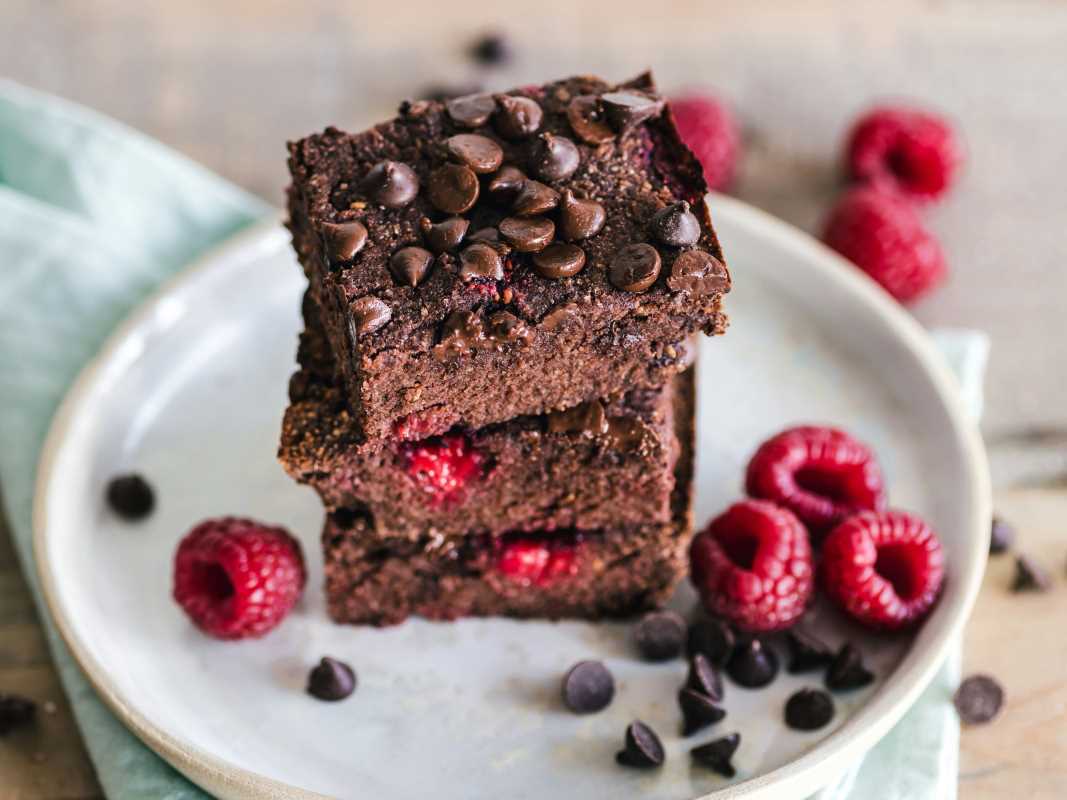Hormones are like the body’s behind-the-scenes directors. They regulate almost everything, from your mood and metabolism to sleep patterns and reproductive health. But did you know that what you put on your plate wields enormous power over these tiny chemical messengers? That’s right, every meal is a shout, whisper, or gentle nudge to your hormonal health.
If you’ve never thought about your hormones as active participants in your life, buckle in. Your diet plays a starring role in this balancing act.
Choosing the Right Fats for Hormonal Balance
Contrary to the outdated “fat is bad” narrative, eating the right kind of fats is actually a lifesaver for your hormones. Not all fats are created equal, and understanding the difference can completely change the game for your body.
Healthy fats, like those found in avocados, nuts, seeds, and olive oil, are crucial for building hormones. Did you know that your body needs fat to produce estrogen, testosterone, and even cortisol? Think of fats as raw materials; without them, your body’s hormone production line grinds to a screeching halt.
On the flip side, trans fats are the villains in the hormonal plotline. Found in processed snacks, fried foods, and margarine, they throw your hormonal systems into chaos. They disrupt insulin levels, a key hormone involved in sugar regulation, and may increase inflammation, leading to hormonal imbalances.
Omega-3 fatty acids are worth their weight in gold when it comes to hormones. They’re known for balancing cortisol, the “stress hormone,” while also improving the effectiveness of serotonin, your mood booster. Wild-caught salmon, walnuts, and chia seeds are excellent sources to incorporate into your meals.
For those who shy away from fats entirely, think again. A fat-deficient diet can impact menstrual cycles, reduce fertility, and leave you feeling perpetually fatigued. Little wonder your body feels off-center when it’s starved of something so essential.
The trick? Enjoy fats in moderation and prioritize whole, unprocessed fats that encourage balance. An avocado toast here, a drizzle of olive oil there, and suddenly, your hormones start humming a happier tune.
Carbs and Their Rocky Relationship with Hormones
Carbs. Your favorite comfort food and sometimes your biggest nutritional dilemma. But before demonizing or overloading on carbs, it’s important to understand what they do to your endocrine system.
Refined carbohydrates, like white bread, sugary cereals, and pastries, are the culprits that mess with your insulin. Insulin is a key hormone responsible for regulating blood sugar levels, and an overload of refined carbs can make cells less responsive to its signals. This chain reaction can pave the way for insulin resistance, a precursor to diabetes and hormonal chaos.
Complex carbohydrates are your hormonal buddies. Think whole grains, sweet potatoes, legumes, and quinoa. These keep your blood sugar stable, support steady energy levels, and prevent hormonal fluctuations that lead to mood swings. Complex carbs contain fiber, which is vital in regulating estrogen levels. This is particularly important for women experiencing PMS or menopausal symptoms.
Polycystic Ovary Syndrome (PCOS) is one condition where the carb-hormone relationship becomes painfully clear. Eating too many simple carbohydrates can worsen PCOS symptoms by spiking insulin and, in turn, increasing androgen levels. Meanwhile, incorporating fiber-rich carbs can help regulate these spikes.
Love a good banana? Fruits with natural sugars, when paired with fiber, also provide a slow glycemic release, keeping you full and preventing reactive hypoglycemia, a momentary blood sugar dip that feels like the emotional apocalypse.
Balance is key. Instead of eliminating carbs, consider reworking their quality. Whole grain rice instead of white rice. Lentils instead of canned pasta. Your plate will thank you for it, and so will your hormones.
The Impact of Protein on Hormonal Health
Proteins are more than a gym-goer’s best friend. They’re essential to every hormonal system in the body. When you eat protein-rich meals, you’re providing amino acids, the building blocks for most hormones. Dopamine, serotonin, and even growth hormone wouldn’t exist without sufficient protein.
But not all proteins are equal contenders. Lean sources like chicken, turkey, fish, and legumes provide the benefits without adding unhealthy fats that could disrupt hormone production. Include eggs in your diet, not just for their incredible protein content but also for their choline, which supports brain health and hormones tied to focus and mood.
Plant-based proteins deserve their moment in the spotlight too. Quinoa, lentils, and tofu are loaded with nutrients that help control cortisol while supporting reproductive hormones. Tempeh, made from fermented soybeans, carries a bonus point for helping with estrogen regulation, easing symptoms related to menopause or PMS.
Additionally, protein can help stabilize blood sugar levels by slowing the rate at which glucose enters your bloodstream. This indirectly works its magic on insulin, creating a stable hormonal environment.
Here’s a quick guide to protein-friendly snacks for hormonal health:
- A hard-boiled egg paired with a handful of nuts
- Edamame sprinkled with sea salt
- Greek yogurt mixed with flaxseeds and berries
- Dark chocolate protein bars (low sugar, of course)
- Slices of apple with almond butter
Too little protein can swing your hormones out of balance, leading to fatigue, muscle loss, or even irregular menstrual cycles. Moral of the story? Protein isn’t just about bulking up; it’s about balance.
Micronutrients Your Hormones Can’t Live Without
If macronutrients are the celebrities of nutrition, micronutrients are the hardworking supporting cast. These tiny compounds might be small in quantity, but they yield enormous influence over your hormonal well-being.
Magnesium is a superstar mineral often overlooked. It helps regulate cortisol levels, promoting a sense of calm. It also assists in hormonal detoxification. Foods like spinach, pumpkin seeds, and black beans are your allies here.
Zinc is another mineral your endocrine system can’t live without. It plays a role in stabilizing testosterone levels and maintaining thyroid function. Oysters are the richest source, but pumpkin seeds and chickpeas offer plant-based zinc options.
Vitamin D is technically a hormone, and deficiencies in it are rampant. Proper levels assist in immune system regulation and thyroid function. Eggs, fortified milks, and fatty fish are great sources, but don’t neglect sunlight as your most natural provider.
Meanwhile, antioxidants like vitamins A, C, and E deserve a special mention as they combat oxidative stress in the body. Stress doesn’t just affect your nerves; it’s a hormone disruptor too. Citrus fruits, carrots, and almonds are simple ways to integrate these into your meals.
Iron deserves its moment too, especially for menstruating women. Insufficient iron can lead to fatigue and low thyroid hormone levels. Red meat, lentils, and leafy greens are top-tier sources to replenish.
The Role of Gut Health in Hormonal Harmony
Your gut isn’t just about digestion; it’s a certified control center for hormonal harmony. An unhealthy gut can misfire hormonal signals, leaving you with inflammation, mood disorders, and even weight gain.
The gut microbiome is home to trillions of bacteria, and maintaining its balance is vital. Fermented foods like yogurt, kimchi, and sauerkraut feed the good bacteria and encourage better hormonal communication across your body.
Fiber is your gut’s best friend. It sweeps up excess estrogen in your digestive tract, especially useful during PMS when estrogen dominance wreaks havoc. Whole grains, vegetables, and fruits like pears and apples should be frequent guests at your table.
Probiotics and prebiotics often go hand-in-hand here. While probiotics add beneficial bacteria, prebiotics feed them. A banana in your morning yogurt with flaxseeds is practically a gut-health love letter.
Chronic stress can damage your gut lining, leading to leaky gut syndrome, which is a lesser-known disruptor of hormones. To combat stress-induced gut issues, incorporate tryptophan-rich foods like turkey or pumpkin seeds, which can help increase serotonin levels.
Meals that cater to both gut and hormone health don’t need to be complicated. A simple grain bowl loaded with quinoa, leafy greens, fermented veggies, and a protein source can do the trick. Add avocado for a dose of good fats, and you’ve got complete nourishment.
Your Plate as the Ultimate Hormone Balancer
Your relationship with food matters, not just for your taste buds but for the chemical orchestra that is your endocrine system. Every meal builds or breaks the foundation of hormones responsible for keeping you happy, energetic, and thriving. By selecting nutrient-dense options, ditching processed snacks, and focusing on balance, you give your body what it needs to keep the hormonal scales in check.
Eating for hormonal health doesn’t have to feel restrictive or overly scientific. It’s about small, intentional choices that align your plate with your body’s needs. From choosing healthy fats to indulging in gut-loving fermented foods, every bite can be a step toward better balance.
The takeaway? Look at food not just as fuel but also as medicine for one of the most delicate systems in your body. And remember, when your hormones love you, they reward you in energy, mood, and well-being.
 (Image via
(Image via





